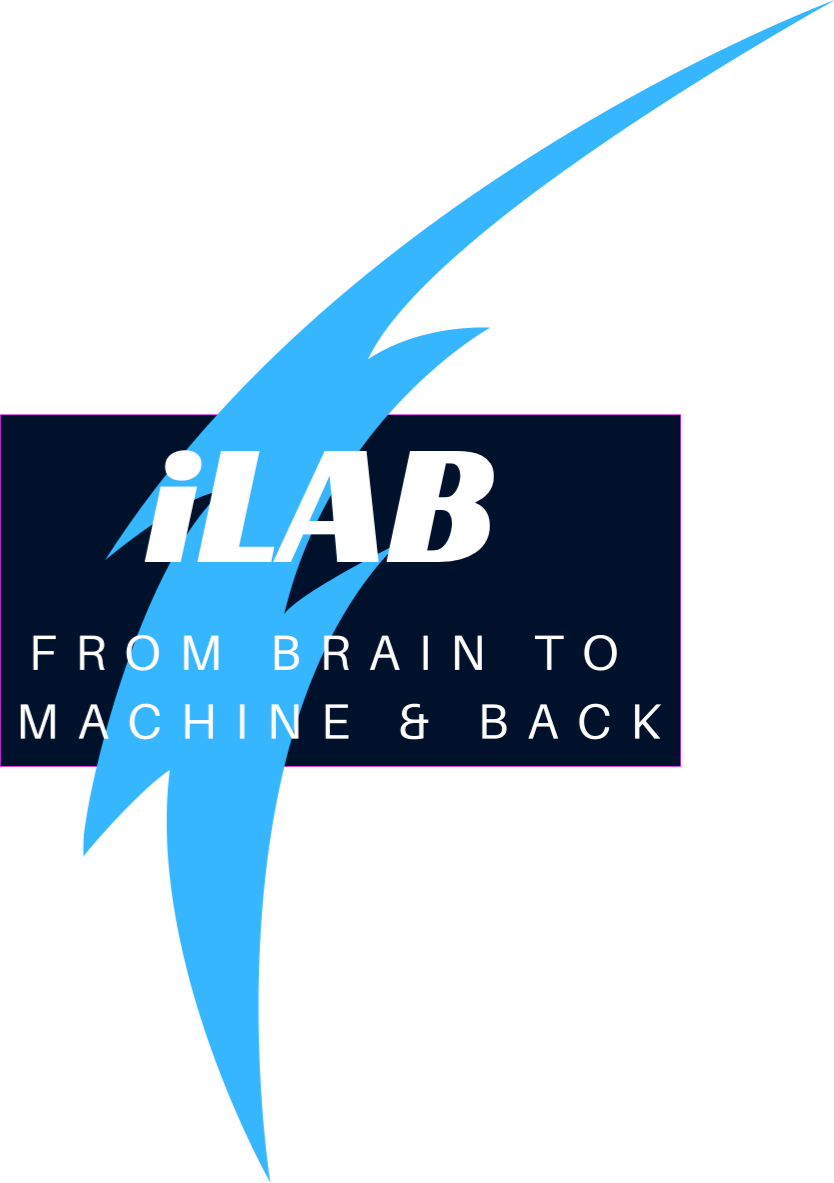Masterarbeitsthema
Abstract:
Brain-computer interface (BCI), “the recipe of decoding intended actions from neural signals” is a way forward towards creating an intelligent neuroprosthetics solution. Deep learning (DL) algorithms provide many state-of-the-art results in the rapidly growing BCI applications. Despite this fact, DL algorithms are fragile against synthetic inputs called “adversarial inputs”. These inputs can be crafted by the slight perturbations of the original inputs. The perturbations are applied in the meaningful directions. However, the magnitude of the perturbation is so small that it keeps the original input and adversarial inputs indistinguishable. Nonetheless, these adversarial inputs can easily fool the DL classification algorithm. Hence forth, it is possible to hack the well-trained DL based BCI models.
The scope of this study is to investigate the existence and the importance of adversarial inputs in BCI applications. To the best of our knowledge, there is no other study that investigates the existence of adversarial inputs in the BCI applications.
Planned steps with estimated time
- Literature review and programming language background (30 days)
- Load Dataset (15 days)
we will use the publicly available “BCI competition IV 2b” dataset. - Feature extraction algorithm & DL algorithm (30 days)
We will use the short time Fourier transform (STFT) for feature vector extraction and convolutional neural network (CNNs) for the classification. - Investigations (60 days)
The following questions are required to be answered during the Master thesis.
- Crafting adversarial inputs with two different algorithms.
- Gradient signum algorithm
- Gradient norm method algorithm
- Comparison of adversarial inputs generated with two methods.
- Determine the pockets of adversarial inputs on the given dataset.
- Can we make DL algorithms robust against adversarial perturbations?
- Can we use adversarial inputs for data augmentation?
- Writing Task: Master thesis (45 days)
Prerequisites:
- Interest, motivation and knowledge in supervised machine learning methods.
- Programming skills in Python with following deep-learning libraries.
- TensorFlow
- Keras
- Proficient use of scientific work
Begin and duration:
Immediately , 6 months
Co-supervisors:
Muhammad Saif-ur-Rehman, M. Sc.
Tel.: 0208 / 88254806, muhammad.saif-ur-rehman@hs-ruhrwest.de
Supervisors:
Prof. Dr. Ioannis Iossifidis
Tel.: 0208 / 88254806, iossifidis@hs-ruhrwest.de

